Jeliba, muette
Jeliba, muette delves into a sliver of quietness in the midst of deafening, waterfall-like noise, making its tracks within.
The noise emerges when conflicting memories stop compromising in a society. Massive tectonic narrative plates slowly grind against each other. Cracks open revealing the weak points as individuals, ethnic, and social groups hurry to patch them up, tell new stories, set new ideas. They have to. Fear of living without a narrative is universal. Growing up with it, its strength is all too familiar to me. It’s a primal need to define a relevant set of questions that define you.




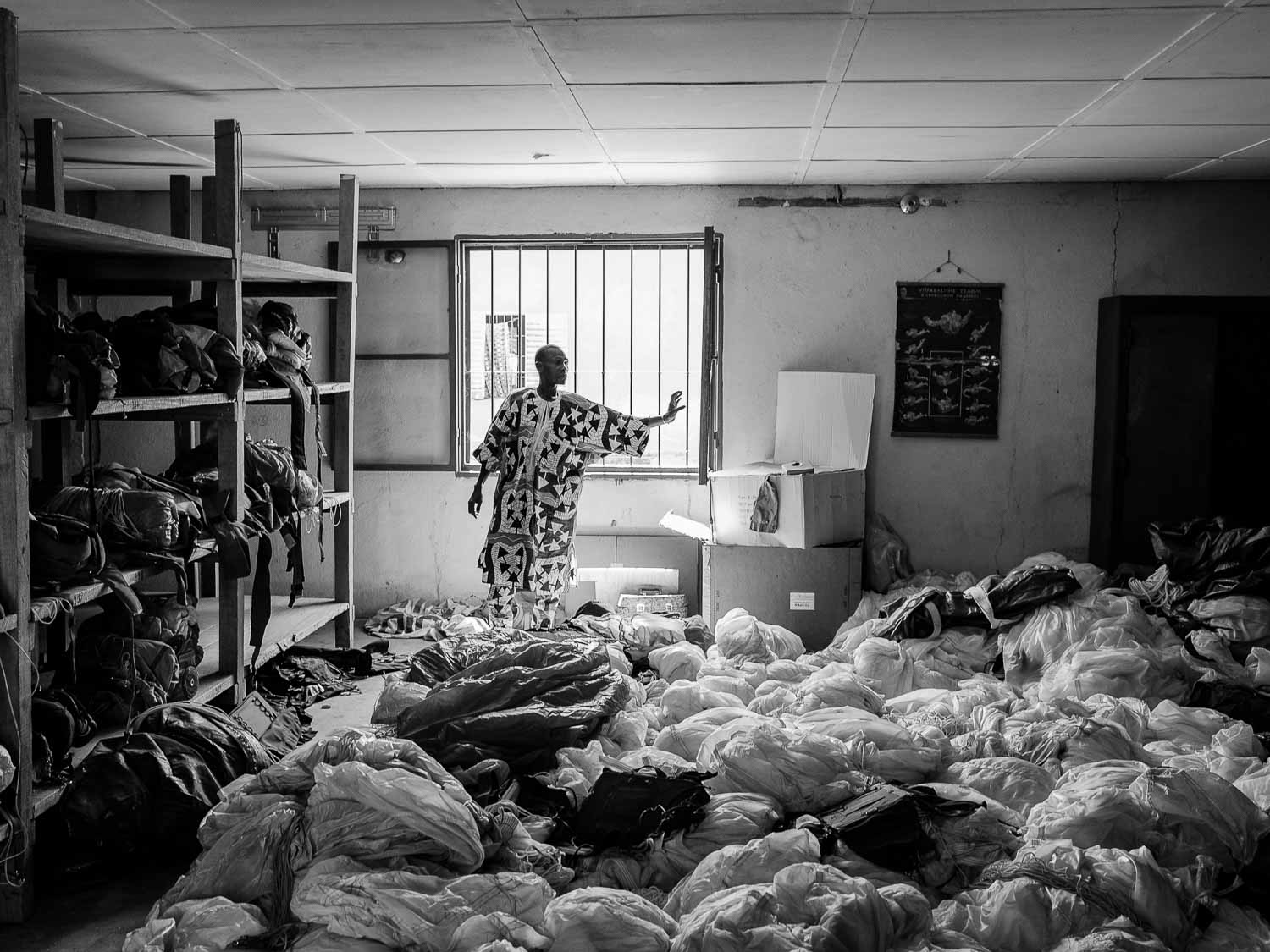

It’s the third time I’m using someone else’s present as a mirror to look at my own past. The work evolves along the banks of the Niger river (Jeliba in Bambara) at a time when ripples of the Arab spring have reached sub-Saharan West Africa. Mali has been shaken and thrown into imbalance. Like every other region with, as it’s often phrased, rich history, layers are thick and outlines of narratives blurred under their own weight. Sedentary and nomadic communities have been clashing for centuries, looking for a political expression of their own values. In the contemporary constellation where a colonial past is mixed with formal and informal influences of West and East, state and non-state players, these attempts may seem slightly futile and naive. But they are deeply grounded in the before mentioned fear of existing without a narrative.
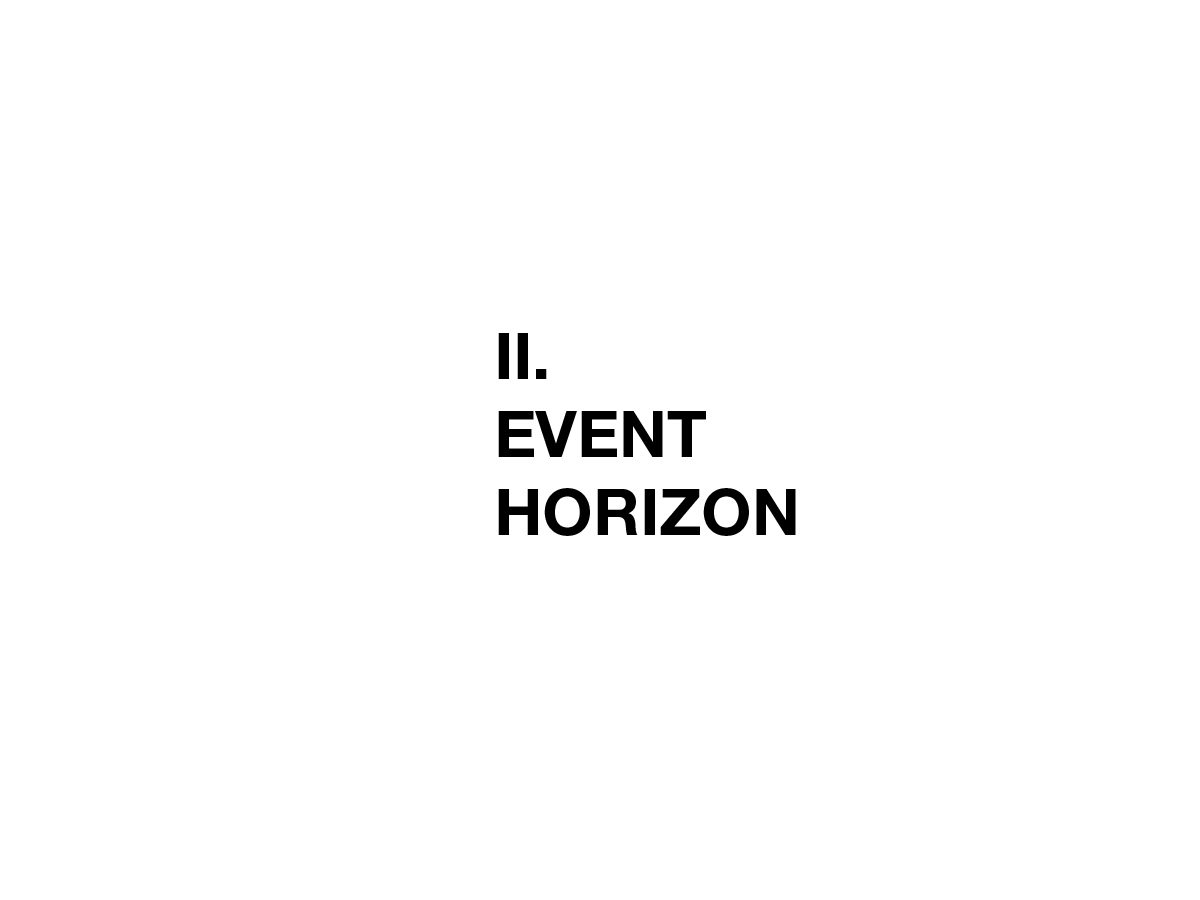



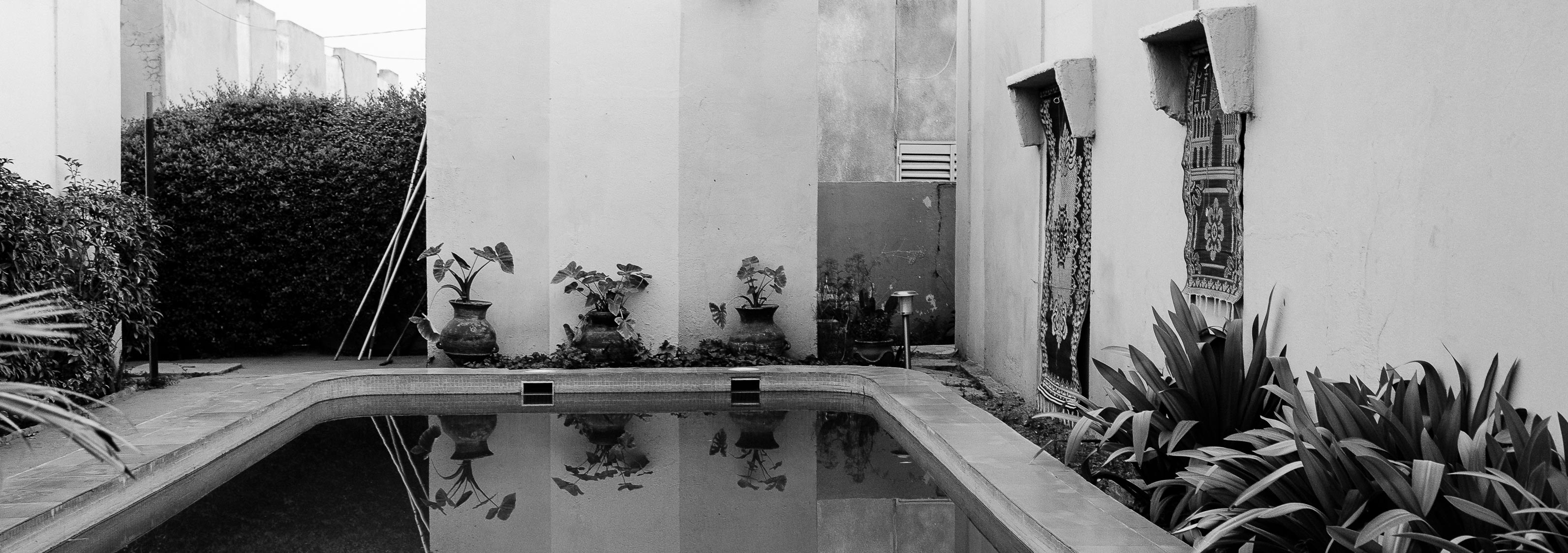
There is a point where Mali looks familiar to everyone who inherited or participated in the history (or more precisely - histories) of the Balkans. Divided societies swinging back and forth in anxiety with their ears covered, eyes closed and trying to imagine a ‘happy place’. The familiarity allowed me to move past simply observing manifestations and current events. I wanted to take a deep look into how relevant are these events for the common narrative, whether they translate into a common public discourse and where is the invisible line in the mundane everyday where they lose their significance. By what I see and how I recognise, I can judge the value of my own memory.
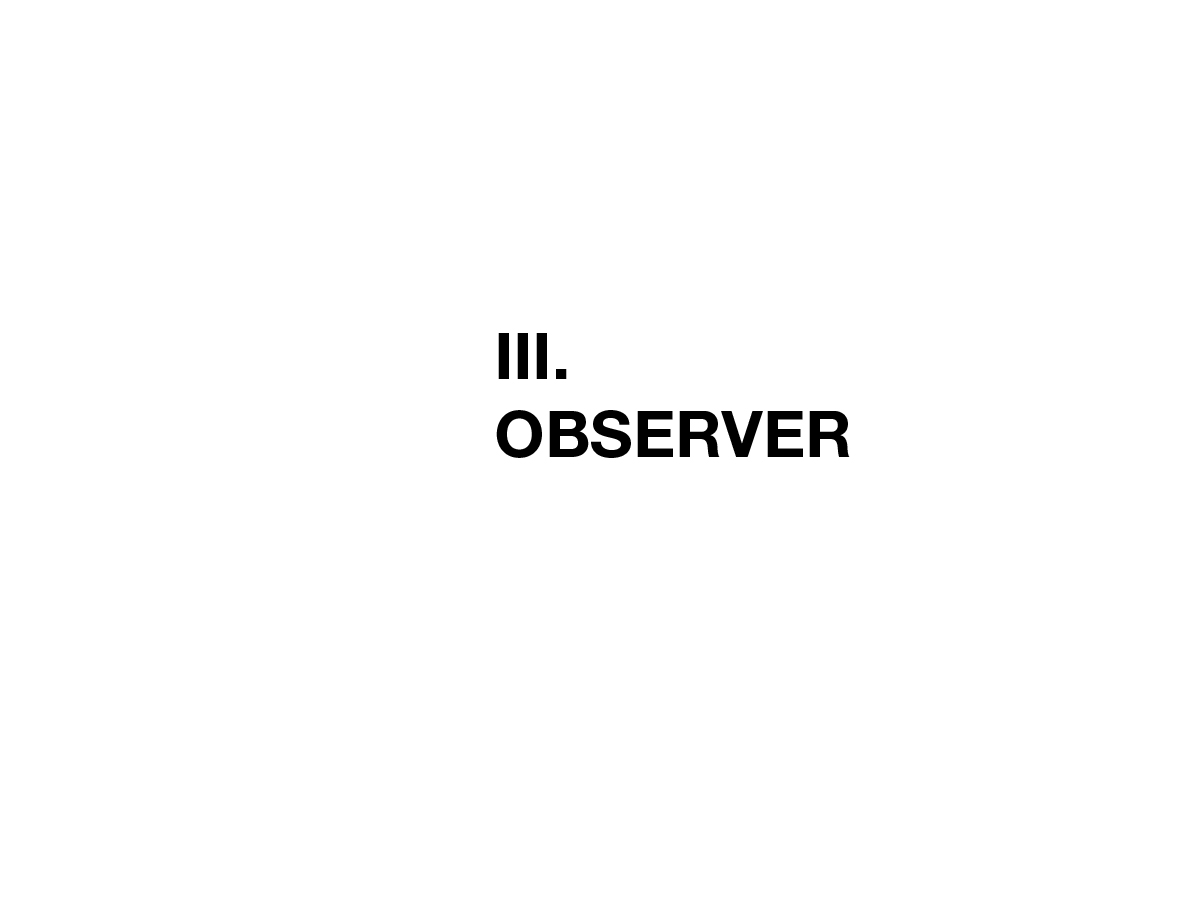
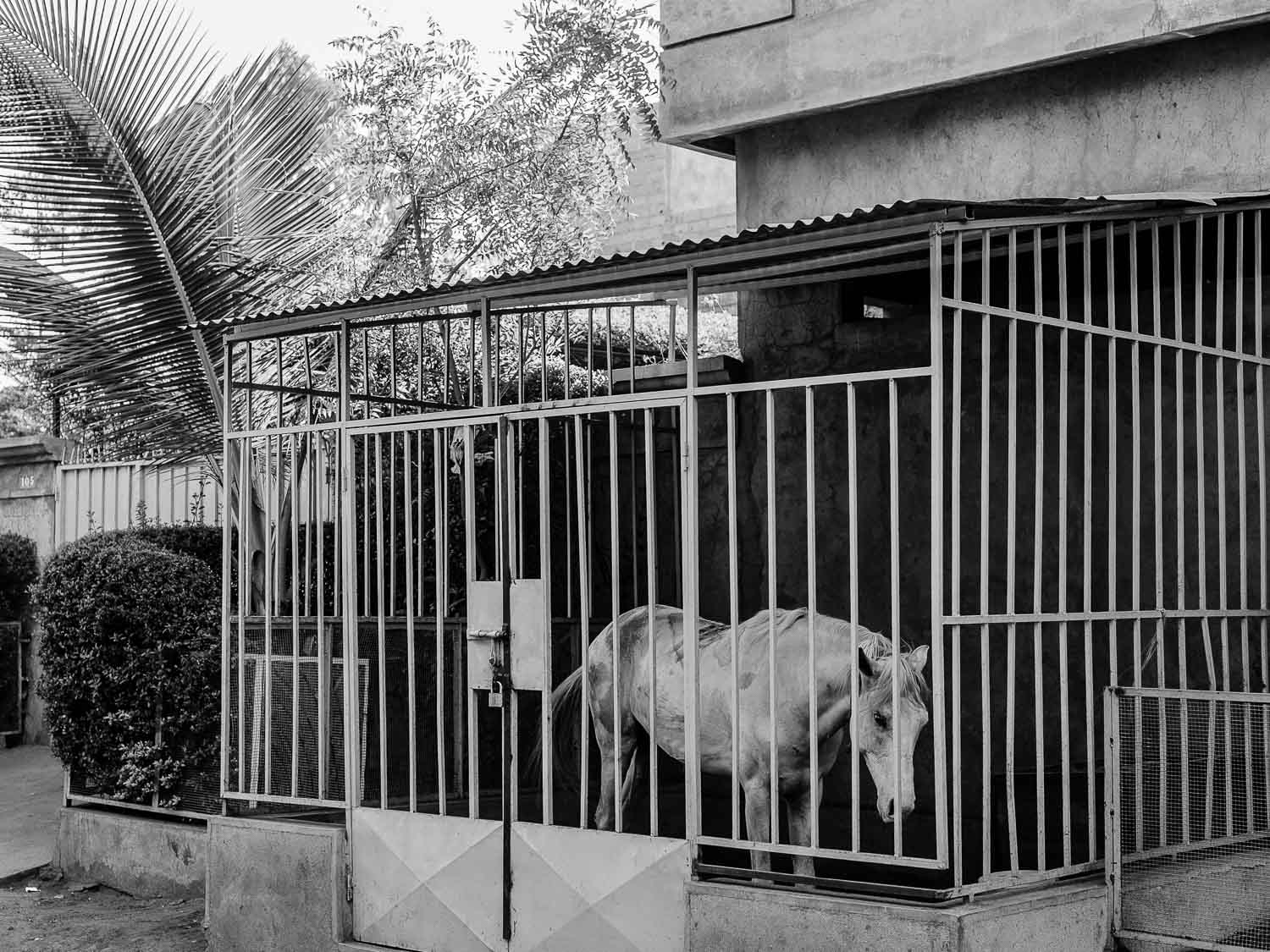




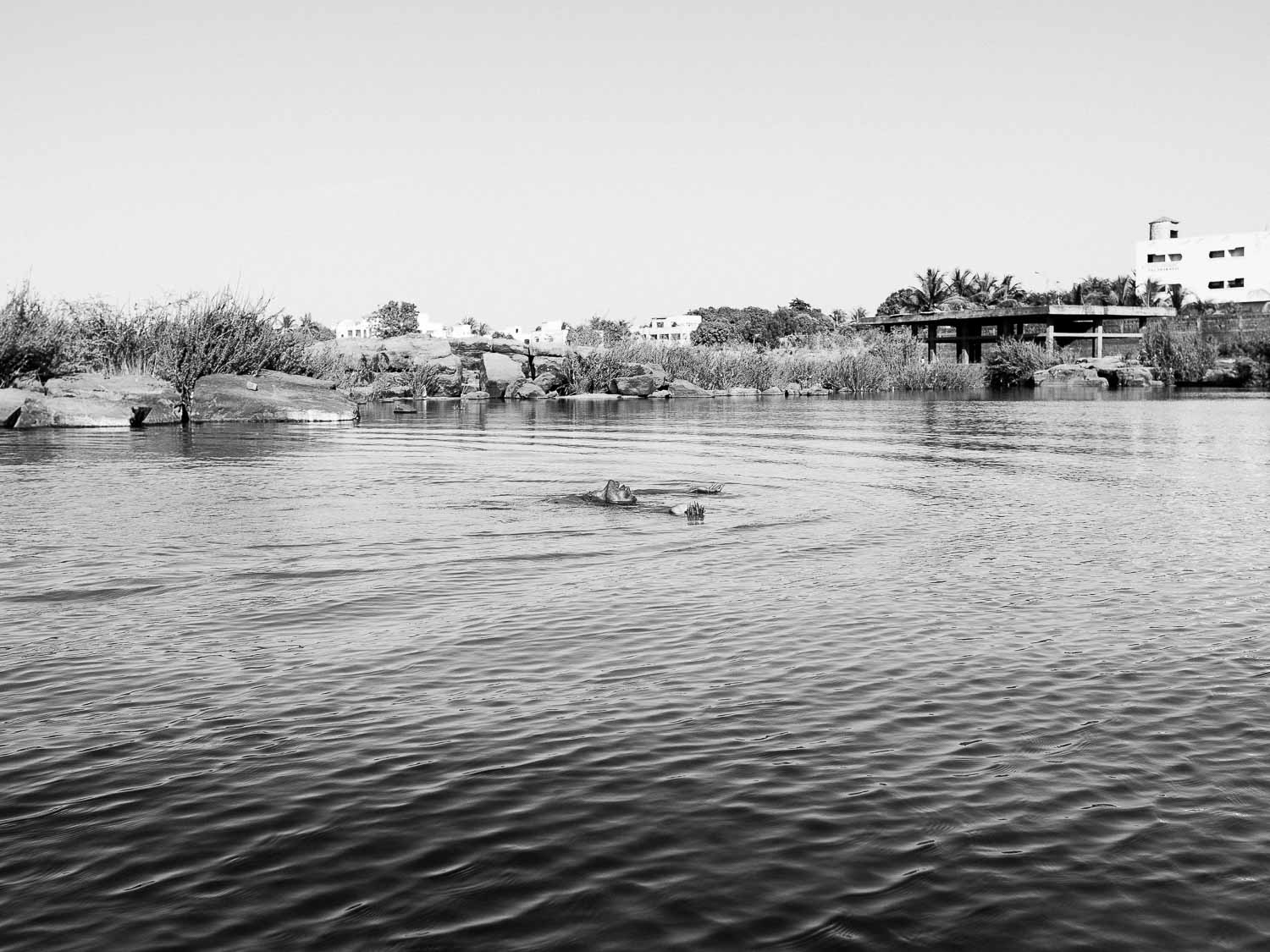

If Jeliba, muette is about something, that something is not the war, it’s not about an exotic space/time. It’s about stories we all tell. Question is, whether we stand by them or hide behind them?